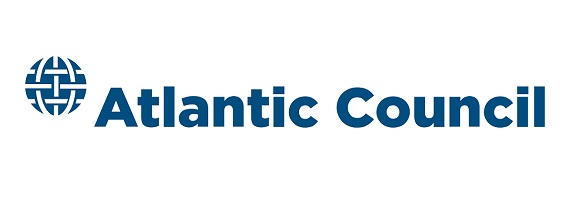Atlantic Council – The impact of merging climate and trade policy on global demand for nuclear energy
As countries around the world embrace an increasingly ambitious climate agenda, the importance of trade policy tools that prevent leakage to economies whose climate regulations are less stringent is becoming evident. Mechanisms that charge a fee at the border for more emissions-intensive imports from other countries and thus increase their price in the domestic market have gained traction. These tools, if used by the G7, would likely have enough heft to set a de facto international price on carbon.
Trade policy like this would increase the attractiveness of low-carbon technologies, like nuclear energy, in countries looking to maintain their export competitiveness in a carbon-constrained market. This presents an opportunity for G7 countries to drive investment into these technologies in developing, export-oriented countries as they look for ways to maintain market share. Such policy would also incentivize developed countries that are planning to shut down nuclear reactors to consider the detrimental impact of replacing the ensuing generation shortfall with unabated fossil fuels, and it would push policymakers to assess the risks of new nuclear demand to proliferation standards, particularly if China and Russia continue to build the vast majority of new international nuclear projects.

Contribute to this discussion
You must be logged in to post a comment.